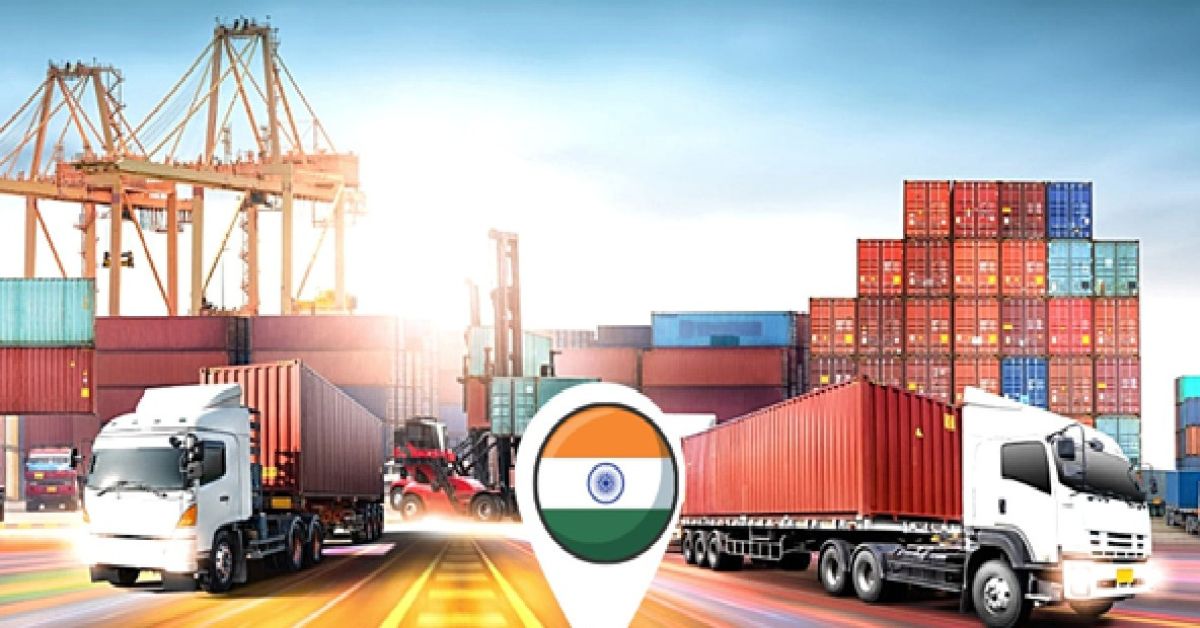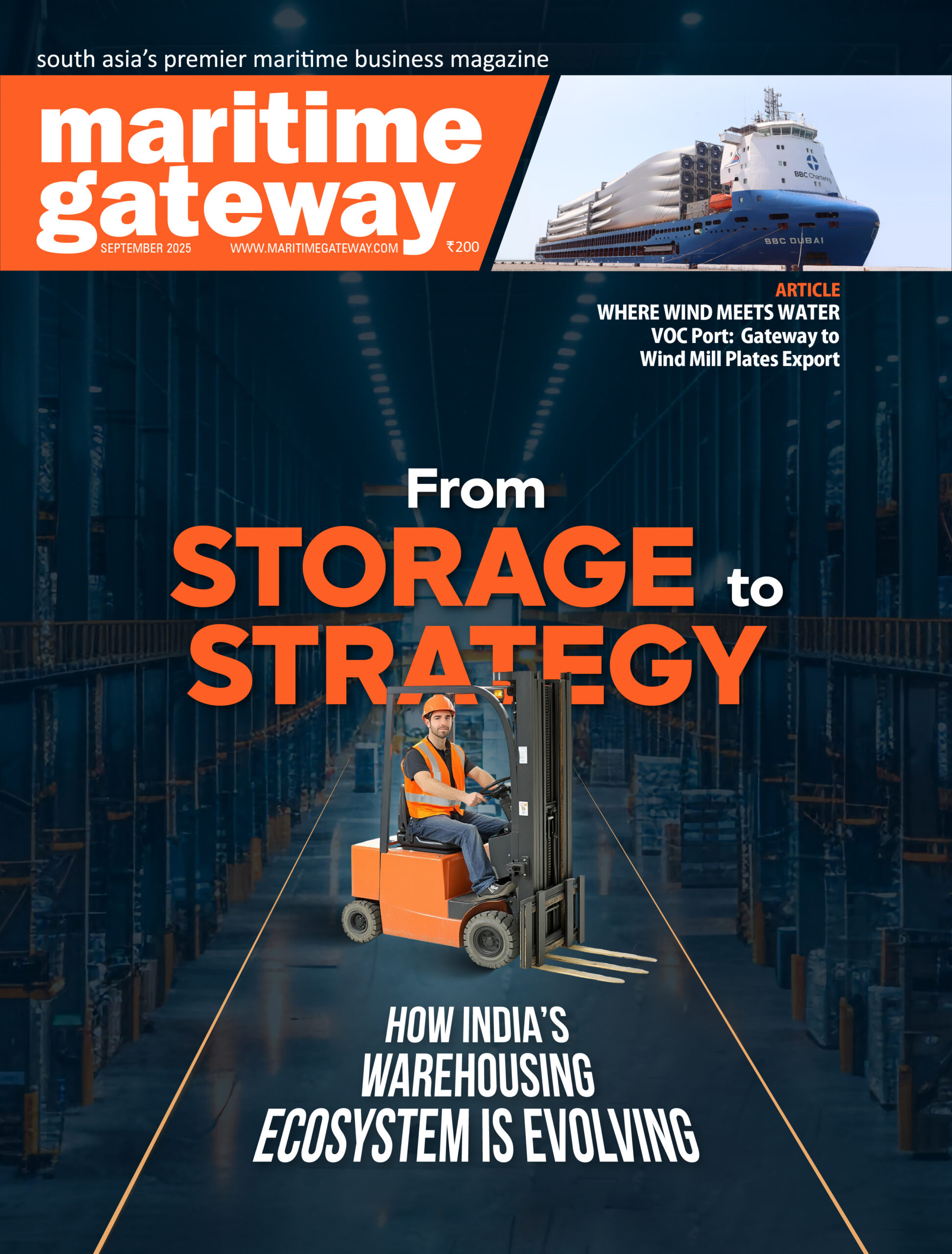India’s express logistics sector, currently valued at nearly $9 billion in FY25, is on track to double in size and reach $18–22 billion by FY30, according to industry estimates. The sector has grown at a CAGR of 12–15% since FY17, driven by the rapid expansion of e-commerce, MSME exports, and digital transformation.
In FY24 alone, the industry contributed $1–1.5 billion in GST collections and $650 million in customs duties, while generating employment for 2.8–3 million people across urban and rural India.
The domestic segment, which accounts for 70% of the market and is valued at $6.3–6.5 billion, is led by surface express services. Policy measures such as Bharatmala Pariyojna, GST, the E-way Bill, and FASTag have boosted efficiency in road logistics. The international express segment, making up the remaining 30%, continues to grow on the back of cross-border e-commerce, MSME digitisation, and rising export demand.
Structural shifts have also reshaped the market. The pandemic accelerated the growth of B2C and C2C shipments, which now account for 55% of volumes, surpassing the traditional B2B share. Quick commerce, hyperlocal delivery, and direct-to-consumer (D2C) models are fueling demand for faster deliveries, prompting logistics players to invest heavily in technology, automation, and last-mile urban hubs.
India’s booming retail e-commerce market, valued at $1,000 billion in FY25, has seen online penetration climb from 3% in FY19 to 7% in FY25. This has pushed annual shipments from 1.1 billion to 5 billion, with express logistics accounting for nearly 60% of the $4–4.5 billion B2C logistics segment.
Experts point to four key trends shaping the industry’s future: consolidation, agile business models, digital innovation, and sustainability. Policy support through the National Logistics Policy, PM Gati Shakti Master Plan, and the forthcoming E-commerce Policy is expected to further accelerate growth.
By FY30, the express logistics industry is projected to create 6.5–7.5 million jobs. However, infrastructure gaps, customs delays, and urban freight challenges remain areas of concern.









